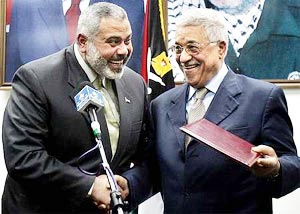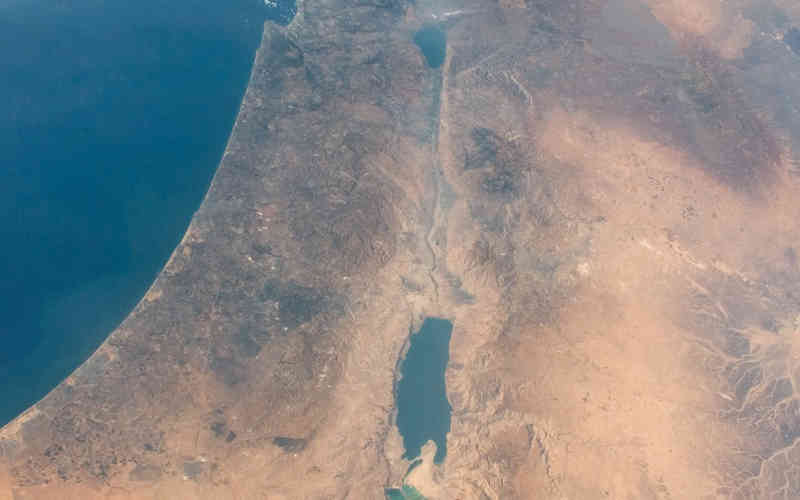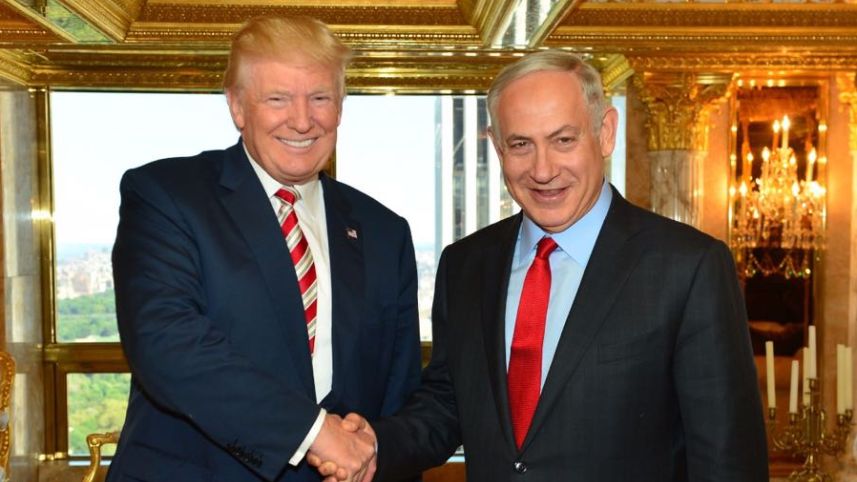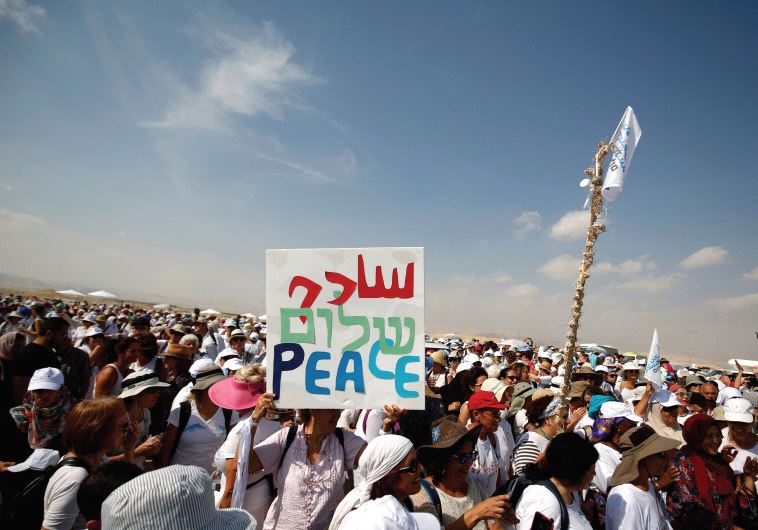Gershon Baskin thinks that there are lots of hard choices to make, we need leaders capable of making the, and we don’t have those kind of leaders right now.
The diplomatic/political price that Israel will have to pay to end this war is recognizing the Palestinian National Reconciliation Government. (I want to emphasize that I use this terms and not “national unity government” – the distinction is important because there are no Hamas or Fatah representatives in the National Reconciliation Government). Israel should have done this when the government was first formed.
Recognizing this government is the key because under it Hamas has agreed that the National Reconciliation Government will be the responsible government for Gaza and the West Bank. Under this government troops which are not Hamas troops will be stationed at the Rafah crossing, in agreement with Egypt, and non-Hamas troops will be stationed in a buffer zone along the Israel-Gaza border. The National Reconciliation Government will work with an agreed international monitoring mechanism to ensure that building materials and other supplies entering Gaza are not going to re-arm Hamas or other groups in Gaza and are not going to be used to build tunnels and bunkers. The head of the Gaza reconstruction body on the Palestinian side will probably be Deputy Prime Minister Dr. Mohammed Mustafa, someone that the international community and Israel trusts.
Another essential key to the National Reconciliation Government is that it should enable Israeli agreement on reconnecting the economies of Gaza and the West Bank – returning to two way trade – this is an essential element of ending the blockade, with even more significance than what goods are allowed to enter Gaza.Hamas will declare victory, as they already have, and so has Israel. The truth is that both sides have lost.
Once the deal is done, it is essential to move into a regional security and stability pact which must be based on real political movement towards ending the Israeli occupation and letting Palestine be free. The best way to do this is through the Arab Peace Initiative. I doubt that the current government of Israel is capable of doing this. If Israel expects real regional cooperation now it will have to pay the political price of moving towards the end of the occupation. If it is not willing to pay that price, Israel and the region will pay the consequences with greater instability, rising extremism and security threats not only to Israel, but to other neighbors, such as the Palestinian Authority and Jordan.
There are lots of hard choices to make and we need leaders capable of making them. I don’t think that we have those kind of leaders right now.
New elections are on the horizon, both in Israel and in Palestine.



